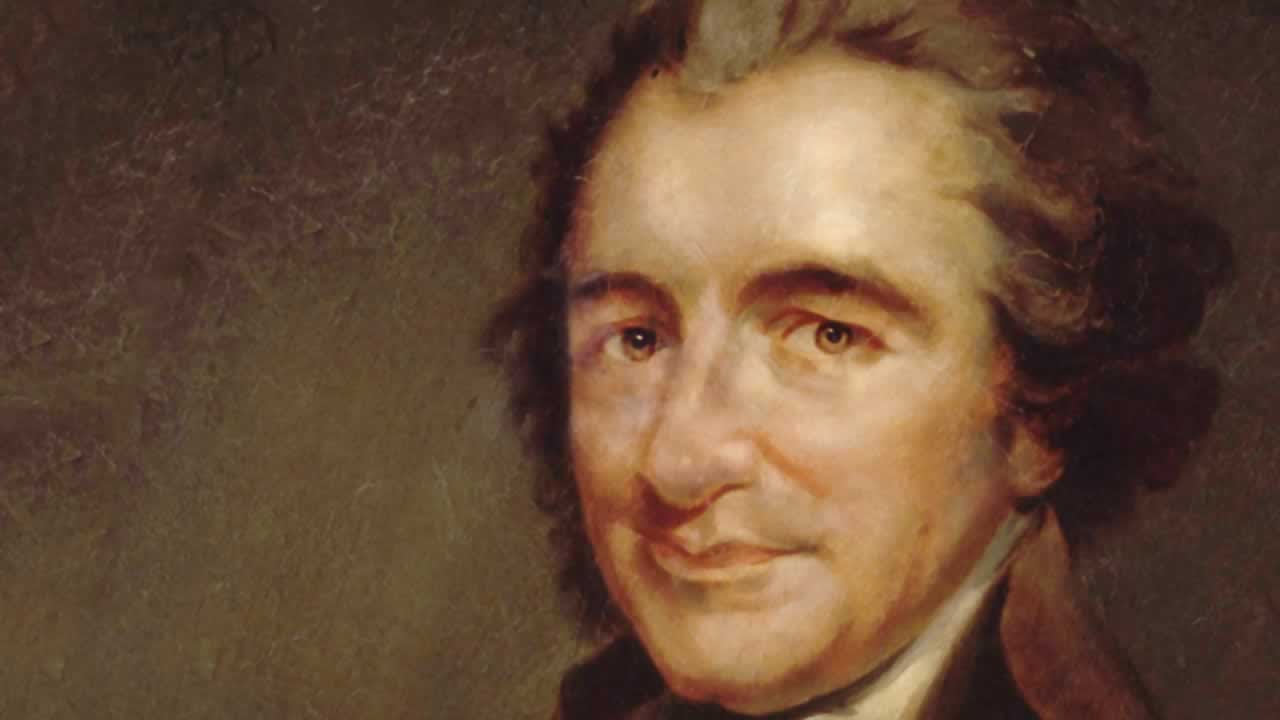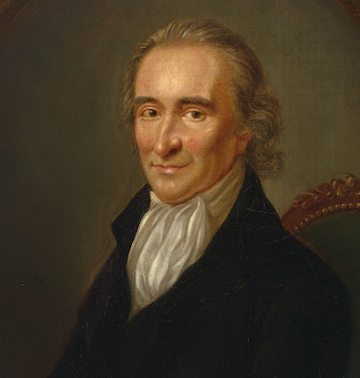


It was Rush who helped to encourage Paine to write a pamphlet extolling the benefits of American independence and once Paine had written Common Sense, it was Rush who helped him secure a publisher in Robert Bell, who was unafraid to print the incendiary words against the British Crown contained in Common Sense. Paine did however find allies in Philadelphia who shared his desire for true independence from Great Britain, among them was Benjamin Rush who was introduced to Paine through letter of introduction from Benjamin Franklin. Paine on the other hand saw this conflict as a great opportunity for America to permanently declare its independence, grab the reigns of power and usher in a radical new democratic government. Even some of the most ardent supporters of the war hoped for a reconciliation with the British Crown once disputes were settled.

Paine was invigorated to be in America as so many were speaking out against a British government that Paine had long viewed as unjust, but he was disappointed by how pervasive loyalty to the British Crown nonetheless remained in America. Shortly after Paine's arrival in Philadelphia, the first battles of the American Revolution were fought in Massachusetts. It was on the advice of Franklin that Paine decided to move to Franklin's adopted hometown of Philadelphia in November of 1774. Impressed with Paine, the two began meeting regularly to discuss politics and developed a friendship. Thomas Paine spent nearly the first 35 years of his life in England, until in 1772 he had a chance encounter with Benjamin Franklin who witnessed a speech he gave before British Parliament. On This Day in History, January 10th, 1776, Thomas Paine's influential pamphlet Common Sense was published. Benjamin Rush - One of America's Founding Fathers



 0 kommentar(er)
0 kommentar(er)
